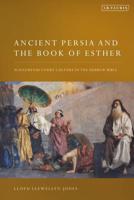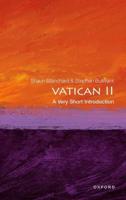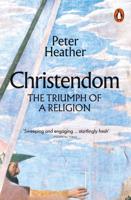Publisher's Synopsis
In 1636, residents at the convent of Santa Chiara in Carpi in northern Italy were struck by an extraordinary illness that provoked bizarre behavior. Eventually numbering fourteen, the afflicted nuns were subject to screaming fits, throwing themselves on the floor, and falling abruptly into a deep sleep. When medical experts' cures proved ineffective, exorcists ministered to the women and concluded that they were possessed by demons and the victims of witchcraft. Catering to women from elite families, the nunnery suffered much turmoil for three years and, remarkably, three of the victims died from their ills. A maverick nun and a former confessor were widely suspected to be responsible, through witchcraft, for these woes.
Based primarily on the exhaustive investigation by the Inquisition of Modena, The Scourge of Demons examines this fascinating case in its historical context. The travails of Santa Chiara occurred at a time when Europe witnessed peaks in both witch-hunting and in the numbers of people reputedly possessed by demons. Female religious figures appeared particularly prone to demonic attacks, and Counter-Reformation Church authorities were especially interested in imposing stricter discipline on convents. Watt carefully considers how the nuns of Santa Chiara understood and experienced alleged possession and witchcraft, concluding that Santa Chiara's diabolical troubles and their denouement -- involving the actions of nuns, confessors, inquisitorial authorities, and exorcists -- were profoundly shaped by the unique confluence of religious, cultural, judicial, and intellectual trends that flourished in the 1630s.
Jeffrey R. Watt is professor of history at the University of Mississippi.









